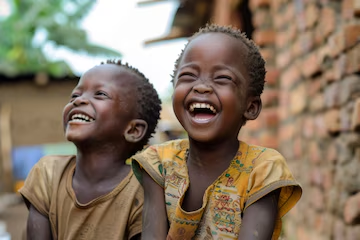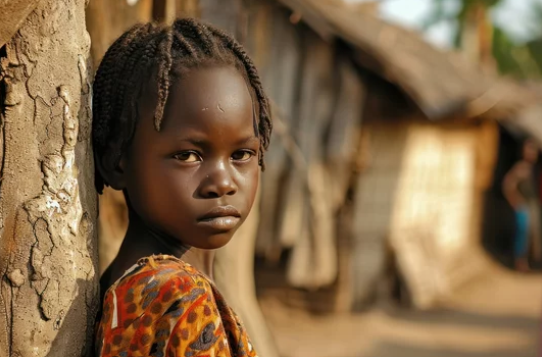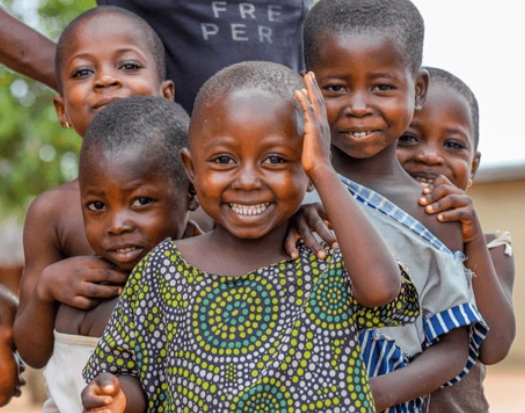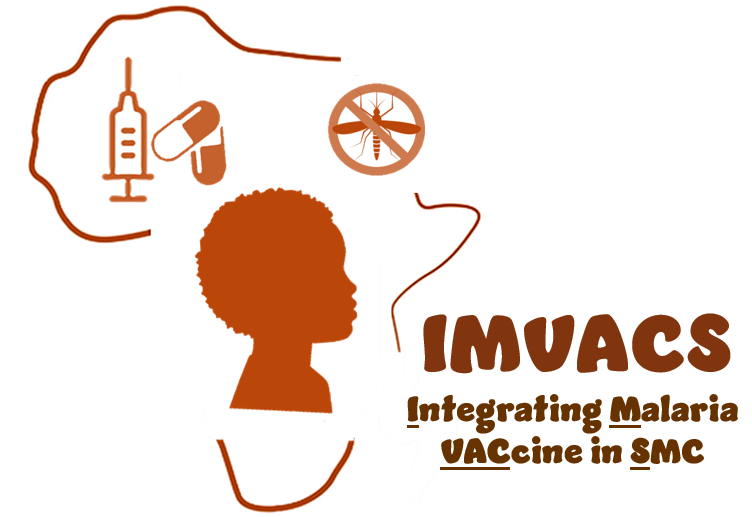
A NEW FRONTIER FOR PUBLIC HEALTH IN AFRICA
Challenge
In the past two decades, significant progress has been made in the fight against malaria and the global burden of malaria has declined significantly.
However, malaria remains a major health problem with huge socio-economic impact, on individual, family, community, and national levels in sub-Saharan Africa.
In 2022, there were an estimated 249 million malaria cases and 608 000 deaths worldwide with the WHO African Region accounted for about 93.6% of cases and 95.4% of deaths globally; 78.1% of all deaths in the WHO African region were among children aged under 5 years in 2022.
The Sahel region, with highly seasonal malaria transmission, continues to bear a disproportionate proportion of the global burden.
In this area, the National Malaria Control Programmes implement a variety of large-scale malaria prevention strategies including the seasonal malaria chemoprevention (SMC), consisting of monthly amodiaquine plus sulfadoxine-pyrimethamine given to children aged 3-59 months during the rainy season when the highest incidence of malaria cases is recorded. Used at scale, SMC has been estimated to have very high protective efficacy (>80%) in children, and reduce cases of malaria by 40-60%.
In addition, on 2nd October 2023, the WHO announced the inclusion of a second malaria vaccine in its recommendations for the prevention of malaria in children. R21/Matrix-M received the pre-qualification on 21st December 2023.
The WHO recommendations expand the use of the malaria vaccine to all areas where malaria caused by Plasmodium falciparum is endemic, including the Sahel region, and promote the Essential Programme on Immunization (EPI) as delivery strategy for the vaccine.
However, EPI may not be the most efficient strategy in seasonal malaria transmission settings since, due to the imperfect duration of protection of the vaccine, a strict age-based calendar misses the opportunity to maximize the protective efficacy of the vaccine by delivering it during highest-risk periods.


APPROACH
On these bases, IMVACS project promotes a novel integrated strategy to deliver the R21/Matrix-M through SMC channel.
A two-arm, multi-disciplinary Phase IV cluster-randomized non-inferiority trial will be conducted in Burkina Faso and Mali to evaluate the effectiveness and real-life impact of the proposed strategy among children aged 5-36 months, comparing vaccination using SMC channel to vaccination following an age-based strategy in routine EPI services.
The trial platform will be also implemented to perform post-licensure pharmacovigilance of R21/Matrix-M.
In addition, the research project will also evaluate the acceptability, feasibility, cost and cost-effectiveness of the proposed strategy to provide comprehensive data for policy/decision-makers and other relevant stakeholders to pave the way for the translation of the project findings into new policies and practices.
IMPACT

SCIENTIFIC IMPACT
Integrated SMC Vaccination will become a preferred mechanism for malaria vaccine delivery.

ECONOMIC IMPACT
Fewer cases of malaria will lead to less out of pocket expenditure on health care for vulnerable families.
Integrating SMC with malaria
vaccination will also require fewer visits to healthfacilities, reducing the opportunity costs associated with obtaining preventive health care, and allowing caregivers of young children to be more productive.

Social impact
More children at high risk of malaria will be vaccinated against malaria, increasing their overall protection. By using a vaccine delivery platform that
is adapted to the malaria epidemiology of the region,
SMC and malaria vaccination will be synergistic.
